Astronaut - As a career option
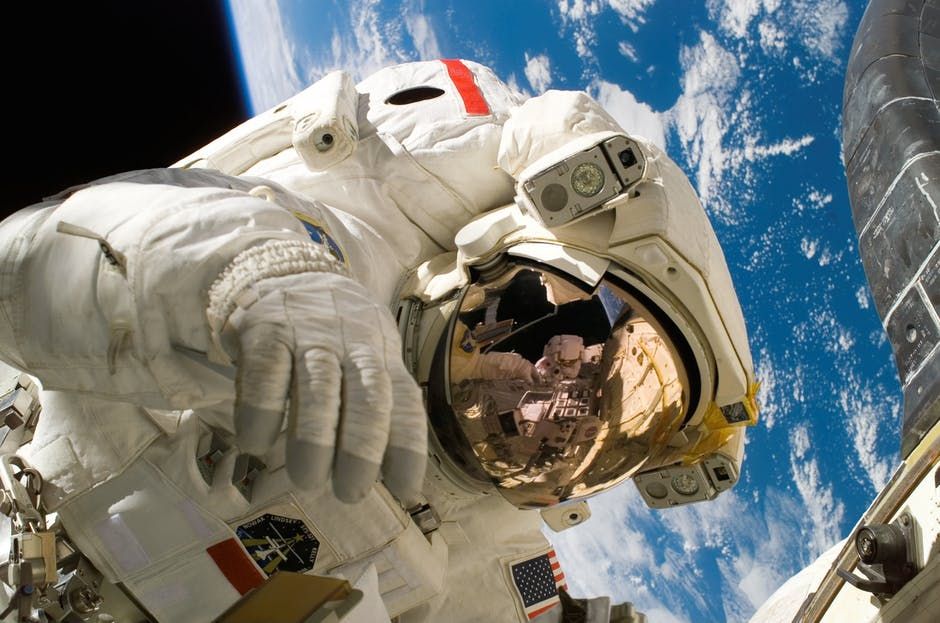
The term ‘astronaut’ derives from the Greek words meaning ‘space sailor’. Besides that being possibly the best way to describe your job to anybody, the profession of being an astronaut is also one that is extremely popular as a ‘childhood ambition’ that is later given up for the sake of more ‘practical choices’.
It isn’t hard to think about the amazing things about being an astronaut. For starters, astronauts get to travel - to space.
They get to represent the cutting edge of science and technology of humanity as well as their respective countries, doing groundbreaking work in research and development.
At the same time, they are highly technically skilled individuals, with knowledge of a variety of fields of engineering, science, as well as survival skills. It’s an amazingly broad professional undertaking.
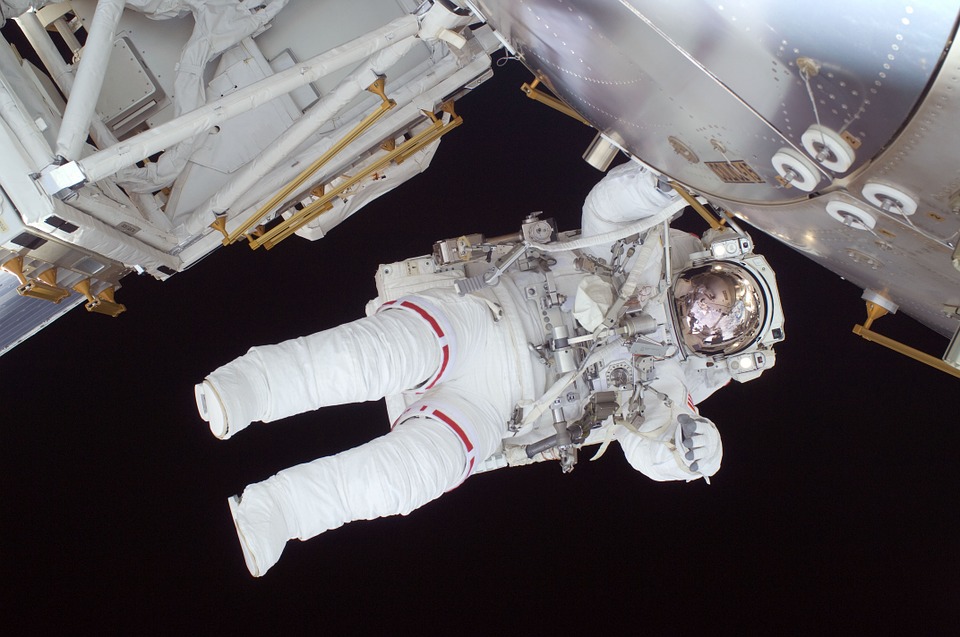
If all this sounds too good to be true, don’t forget that astronauts have to go through gruelling training - they need to be fit like soldiers, skilled like technicians, but at the same time have a huge broad base of education in different fields.
Remember, a message from the moon to the earth takes about 3 seconds to reach.
That means there is at least a six-second interval between an astronaut asking a question and her getting the answer she needs.
That could easily be a question of life and death on a spacecraft! Astronauts need to be on their feet and always well-equipped to make decisions.
Even if the road to being an astronaut sounds daunting, don’t fear. There are specific skills that you can develop and decisions that you can make to help you along.
Eligibility Criteria to Become An Astronaut
- +2: No restrictions. Students from either stream (Science, Commerce, Arts) are eligible.
- Bachelor’s Degree: Graduating with a Bachelor's degree in Science (Mathematics, Statistics) or Engineering (Computer Science, Information Technology, Data Analysis) is usually sufficient for an entry-level job in this field.
Experience often pays more than higher education - most analysts choose to study further after experience in the field that helps them decide an area of specialization. The field is also highly competitive due to the recent influx of engineers, statisticians and other analysts into the field.
What are the abilities and skills needed to be an Astronaut?
A Bachelor’s degree from a reputed institution in engineering, biological sciences, physical sciences or mathematics degree is a bare necessity. NASA recommends an advanced degree and a good academic record.
Besides, it is necessary to be an experienced pilot with over 1000 hours of in-command time on a jet aircraft.
Furthermore, a good physical level of fitness, besides good vision and optimal height are factors for selection.
Clearly, being an astronaut isn’t something that can be prepared for in a relatively short period of 6 or 7 years, like most other careers. As a result, most astronauts are chosen from among the best and most technically skilled and knowledgeable jet pilots who are in the middle of their careers.
Having worked previously with the national space organisation or air force is also considered valuable experience.
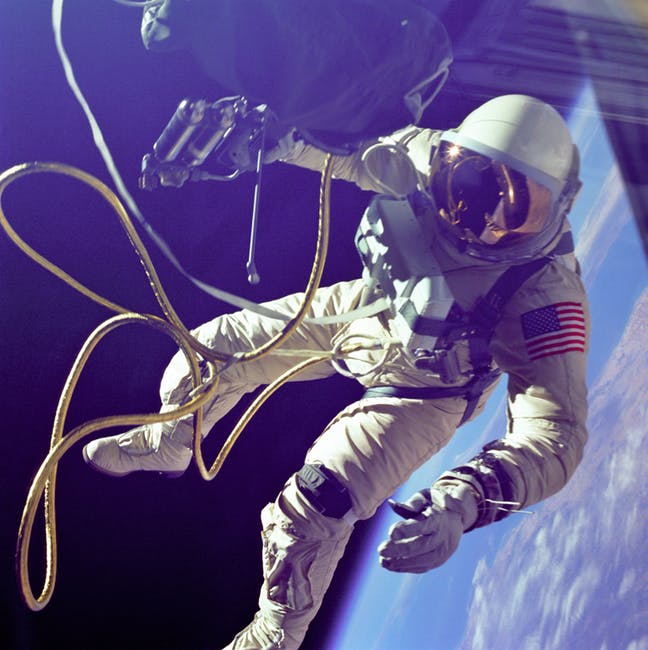
Working as an Astronaut
Astronauts aren’t ever directly hired ‘for a particular mission’. They are chosen from among established professionals in the fields of aviation and space research.
Years of dedicated and professional service to a governmental space body, air force, or intermediary body are usually considered essential.
A certain degree of background check is also involved as space research tends to be private and competitive between countries. There are usually specific functions (depending on the mission) that an astronaut may be required to perform.
For example, during the first moon landing, while Armstrong and Aldrin were exploring the moon’s surface and collecting specimens, Michael Collins was responsible for piloting the spacecraft in orbit around the moon.
Similarly, there is often a propulsion expert (how the engines work and propel the spacecraft), a payload expert (how to manage docking and unlocking, ejection of mini-satellites and so on), a supplies rationing expert (ensuring that the supplies are managed effectively and with maximum sustainability) and specific others.
Some of these roles may get combined into one, depending on the skill sets of the available astronauts. A diverse and strong skill set is thus extremely helpful.
Any Astronaut today has to be affiliated with a space agency, which in turn is usually strongly national. While entities like SpaceX are trying to privatize space travel and research, it is uncertain whether or not they will open their positions to people from other countries.
For space enthusiasts in India, ISRO is clearly the way to look forward. The Indian Government’s efforts to promote space research are indicative of a bright future for the astronauts to come. These explorers are also likely to become national icons.
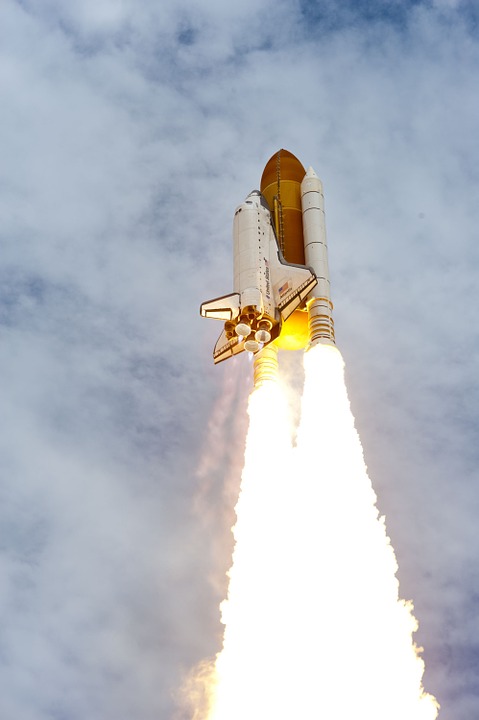
A Day in the Life of an Astronaut
Hi, I’m Jeffrey, and I’m an astronaut currently on the International Space Station. Being an astronaut is a 24x7 job, and here’s what my day looks like.
4:30 Hours (GMT): It will help to clarify that we use GMT (also known as UTC) on the ISS. Our concepts of night and day are kind of weird, and we usually work in shifts so that there’s always someone to man the controls in case of an emergency. My shift begins at 0500 Hours.
5:00 Hours (GMT): We stay pretty busy in space. Being on a spacecraft means constant work. There are things we have trained hundreds of times for that to go wrong and have to be fixed. There are yet other things that we haven’t trained for that we need to work on and troubleshoot.
On a technological marvel such as this spacecraft, there are always hundreds of systems and meta-systems working in unison and cooperation. There are always little things to fix or improve on.
Most of the morning goes in troubleshooting little things, issues that have come up or error messages. Of course, every little error message isn’t going to doom the mission and all of us - but it’s our job to fix every problem as soon as possible to avoid complications later.
7:00 Hours (GMT): Most of the crew is awake now. This is when the bulk of the day starts. We briefly meet to discuss the issues that are being worked on since yesterday’s meeting. We then move on to our specific stations.
9:00 Hours (GMT): My specific responsibilities also include managing the conditions and monitors on a set of experiments being run in space.
These experiments include some suggestions from some of the top universities in the world who are working on research and innovations for the space sector.
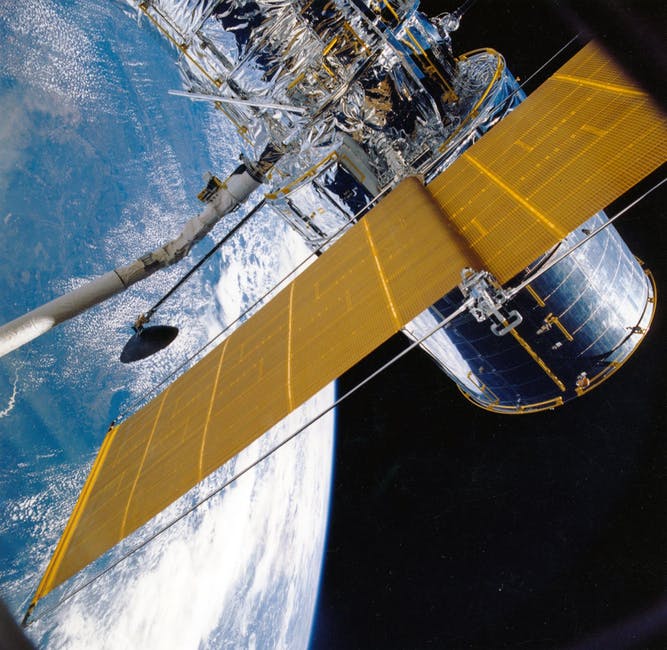
12:00 Hours (GMT): Mealtime is always a fun and social experience on the ISS. All the astronauts, some from other countries, get together to share our dehydrated meatloaf, breadsticks and other foods.
13:00 Hours (GMT): It’s time to liaise with ground control on the status of various components and mission objectives. This is also a daily session. Communication between us is slow - we prefer to send long written messages in one go rather than having a back and forth exchange.
14:00 Hours (GMT): Safety drill time. This is one of the most important exercises for all of us astronauts, besides its value for team building. We discuss and rehearse protocols for dealing with all sorts of situations - most of which are not pleasant.
Besides, our collective expertise and knowledge of the immediate issues and fixed make us aware of the risky situations that might arise.
We use this combined knowledge to decide and practice the best strategies for various situations. This entire exercise can sometimes be a bit depressing - what better solution than to head off to the gym!
17:00 Hours (GMT): It’s my workout slot. As astronauts in zero gravity, our muscles are under very little strain - for this reason, we need to workout with resistance training (using springs, not weights, for obvious reasons) on a very strict regimen every day. It’s time for an hour of solid exercise.
18:00 Hours (GMT): The sun has just set again (it happens 16 times a day on the ISS because of our orbit speed). I shower (another completely unique experience!) and get back to my workstation. There is a robotic component that has stopped working.
I have to solder it back and check the connections. Besides, I also have to log my exercise time, food eaten and water drank in the log. Being on a spacecraft means we have to self-sustain water - a very valuable (and heavy) resource. We maintain a strict log of water consumption.
20:00 Hours (GMT): We do get time for leisure. Every astronaut gets time to write or video chat with family, read, write, listen to music, or anything else they might feel like. We can even access the internet!
22:00 Hours (GMT): We highly value good sleep on the ISS. My shift starts at 4:00 Hours again tomorrow, and 6:00 Hours is gospel. I retire, satisfied with my contribution to the frontiers of science and technology.
Did you find an Astronaut profession interesting? Do you think you have the required abilities to become one?
We hope this article proved to be a fruitful one for you.
Have your say in the comment box below. Enjoy Reading!
Login to continue reading
And access exclusive content, personalized recommendations, and career-boosting opportunities.











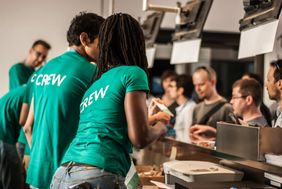
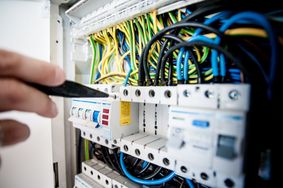

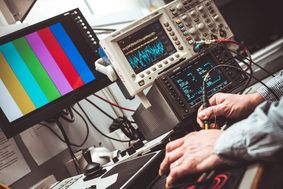
Comments
Add comment